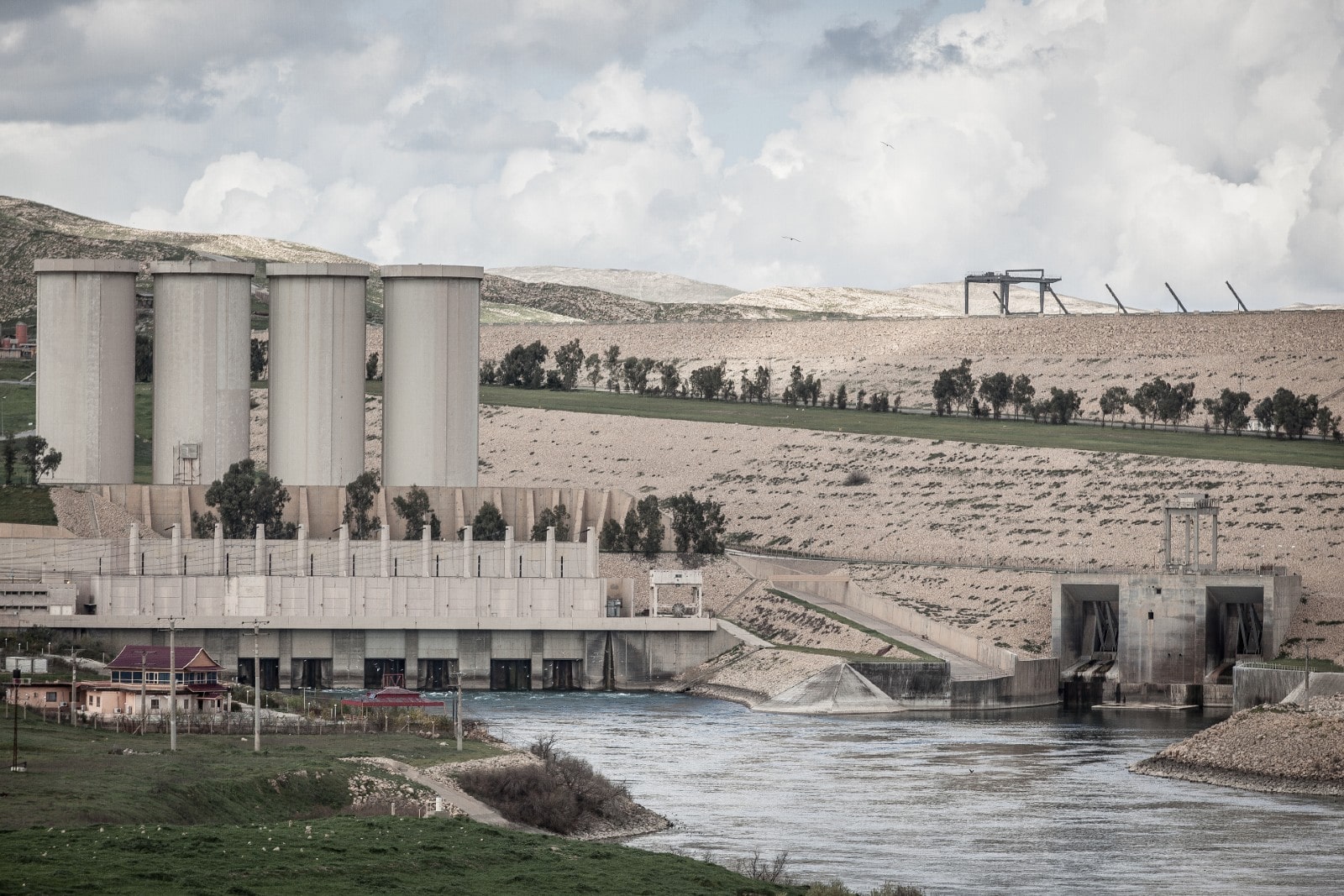Enterprise Explains: How can Iraq’s severe water shortages be addressed?

Enterprise Explains: Iraq’s water crisis part 2 — How Iraq is and should be addressing its severe water shortages: Iraq is facing extreme water scarcity, threatening the health and livelihoods of its citizens on a huge scale. Many factors contribute to these water shortages, but organizations pushing for action name the biggest culprits as climate change, water negotiations with neighboring Iran and Turkey, widespread pollution of Iraq’s existing water supply, and inefficient water usage from poorly-maintained infrastructure. Today, we look at measures that are being undertaken — or that could be undertaken — to help secure an adequate supply of safe water and to make better use of the water that is available in Iraq.
Missed Part 1 of our coverage on Iraq’s water crisis? We have you covered here.
Iraq is committing USD 100 bn to invest in the green economy with the help of the UN: Iraq’s recently-finalized Nationally Determined Contribution (NDC) report “opens a window for USD 100 bn investment in the green economy, from the private and public sectors, over the next 10 years,” the UN notes in a recent press release. The UN is supporting Iraq to design projects that, among other things, promote investment in efficient water and wastewater infrastructure, irrigation and the management of water consumption, it says.
This investment needs to be channeled into diversifying primary water sources: Water-poor Basra, for example, urgently needs diversified water sources, with the construction of a planned desalination plant in Al Faw district a good starting point, argues a 2021 LSE study. Launching major dam reservoir projects is also important, a Mosul University professor argues.
And maintaining water infrastructure: Water systems that are over 50 years old urgently need replacement, notes the LSE study’s lead author. Upgrades to the treatment processes of existing wastewater plants, preventative maintenance, and new plant construction could greatly improve the systems overall, notes a June 2022 report (pdf) by the Water, Peace and Security (WPS) Partnership. But the cost of doing this can be prohibitive, it cautions. Establishing a modern treatment station in Dhi Qar would cost an estimated USD 69 mn, WPS notes the region’s environmental authorities saying.
Budget allocation for water needs to go up: This means that budget allocations by the Iraqi government to maintain water infrastructure need to be much more substantial, the WPS report argues.
Better planning with stakeholder involvement, including the private sector: The government also needs to set plans for better water management at the local, national and regional levels, notes the Norwegian Refugee Council (NRC) in a 2021 study. Plans should be set up in coordination with multiple stakeholders, including local farmers and the private sector, it argues.
Stricter enforcement of regs: Local environmental authorities could play a much bigger role in enforcing penalties for industrial polluters, WPS notes.
And awareness-raising campaigns could help to change wasteful and harmful behavior: National awareness-raising programs could help Iraqi businesses and citizens better understand the consequences of ingrained behavior practices, like directly releasing wastewater from households, slaughterhouses and private businesses, the WPS report says.
Investment and capacity-building could also come from donor governments and DFIs: Donor governments and institutions should support Iraq through direct investment — by revamping or supplying irrigation infrastructure, providing financial support to farmers to buy livestock, or supplying drought-tolerant seeds, for instance — the NRC report argues. They should also provide training to farmers on techniques like rainwater harvesting and to government bodies on water management.
These institutions need to support the Iraqi government so water sharing agreements with countries like Iran and Turkey are adhered to, the NRC notes. “It’s important to keep the water diplomacy channels with Turkey and Iran open, to continue with exchange and dialogue, with negotiations and cooperation over water-related challenges,” notes the WPS report.
Still, cooperation between these countries may be easiest to secure if the focus isn’t purely on quotas for water and resource sharing, argues WPS. More progress might be achieved if the focus is on widespread cooperation through multi-purpose projects, rather than setting, for example, water-sharing quotas, WPS says. This could happen through coordinated multi-country emergency response plans, which could potentially lead to concrete cooperation — including sharing water and other resources — it argues.